Stability, compound & functional indexing, MVCC, transactional DDL, GIS extensions, recursive queries, common table expressions, materialized views, procedural languages, triggers, and excellent documentation. PostgreSQL feels more like a mature, feature-rich, performant data platform than a simple datastore (I'm looking at you MySQL & Mongo).
Full ACID compliance for all transactions (including those with DDL changes) is supremely helpful when making modifications to the schema. The query planner and indexing functionality is second to none, making it one of the fastest database platforms available.
I would like to see the ability to reorder columns on a relation, as well as change the base SQL query that generates a materialized view without having to drop the view, provided the view's structure is unchanged.
I've been using it for over 12 years now.
Replication has been very easy to set up in recent versions. That said, there is a learning curve when it comes to server configuration.
We had no issues with the performance.
PostgreSQL does an excellent job of scaling.
There are companies that offer professional support. I personally have found the IRC channel to be an extremely effective channel of support, as many users and core contributors to Postgres often hang out there.
I've also used MySQL and MongoDB, but neither of those technologies provide any competitive advantage over PostgreSQL in any respect that comes to mind.
The initial setup was fairly straightforward. That said, configuring the server past defaults can be rather complex. Properly tuning the server requires a fair amount of knowledge concerning the architecture of PostgreSQL itself.
In-house. That said, it's very easy to spin up an instance using Amazon Web Service's RDS product.
PostgreSQL is completely free and fully open-source.
PostgreSQL is the world's most advanced and performant SQL database available. It essentially beats out MySQL, Oracle, SQL Server, and often MongoDB on virtually every use case.

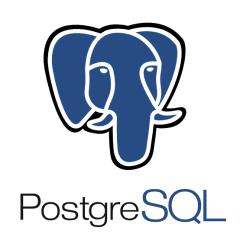


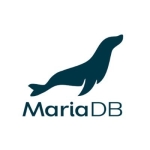
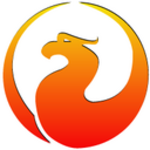

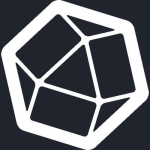





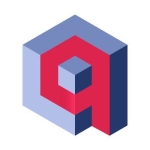
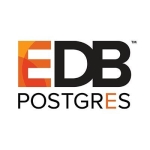


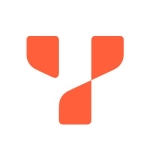

Very good review
We backup PostgreSQL with DB Protection for PostgreSQL using IBM Spectrum Protect